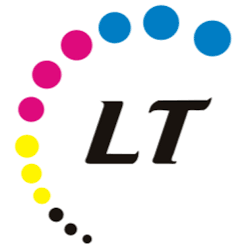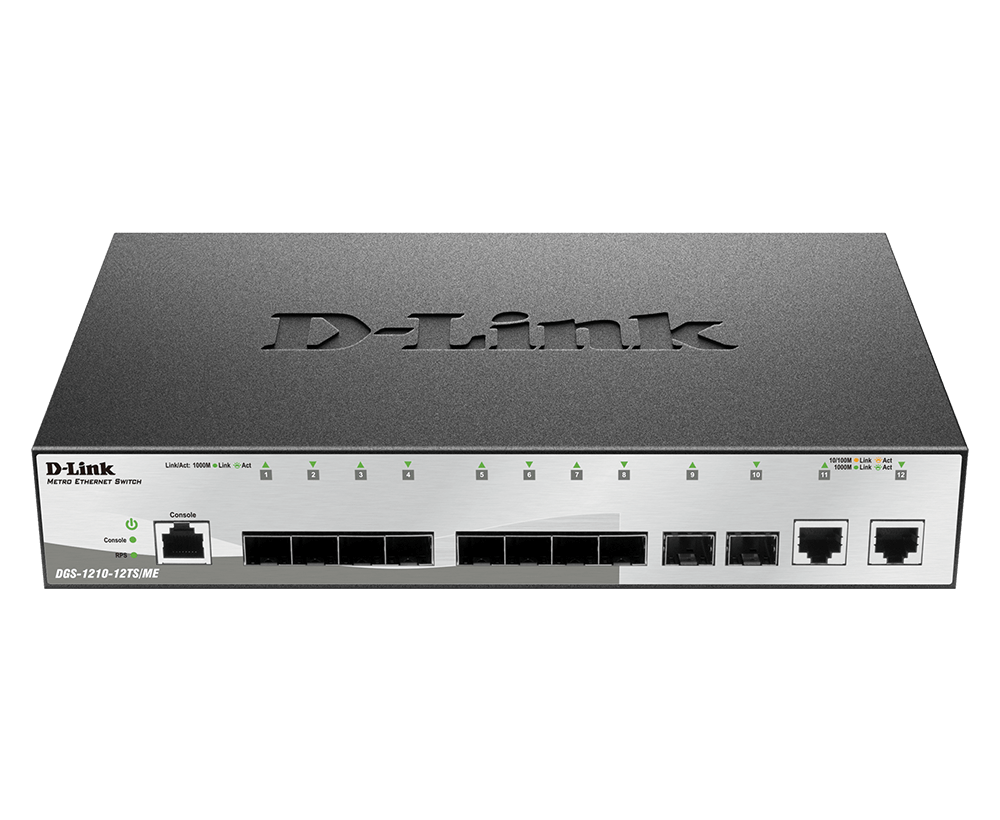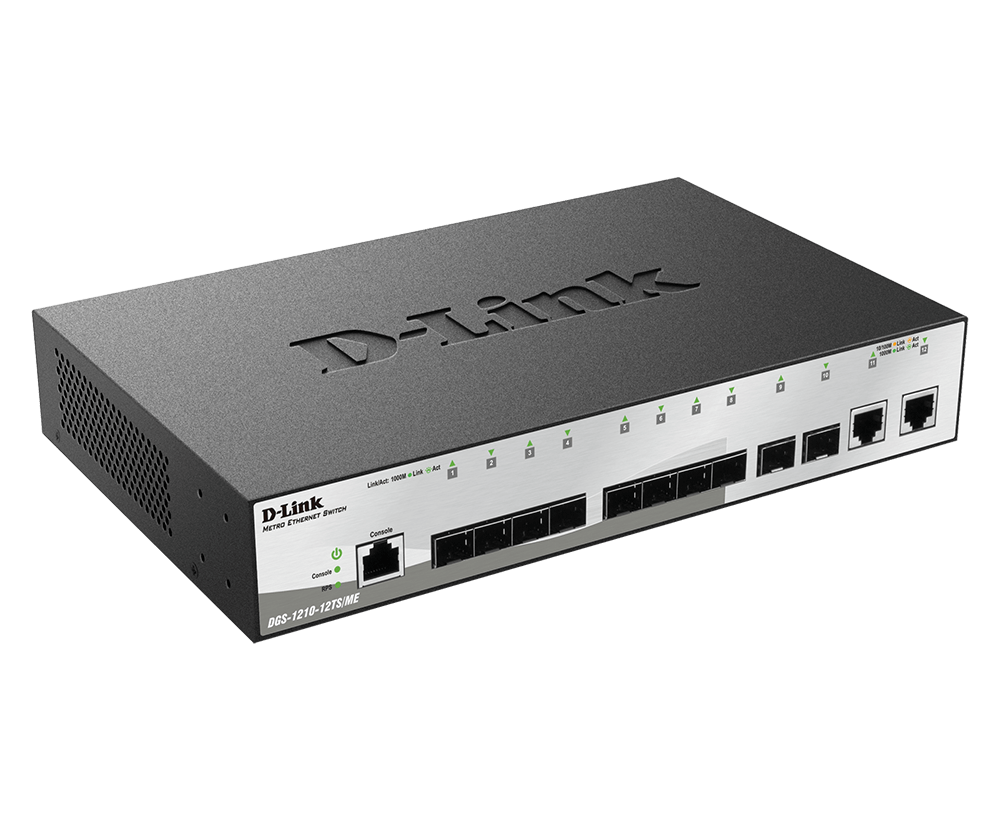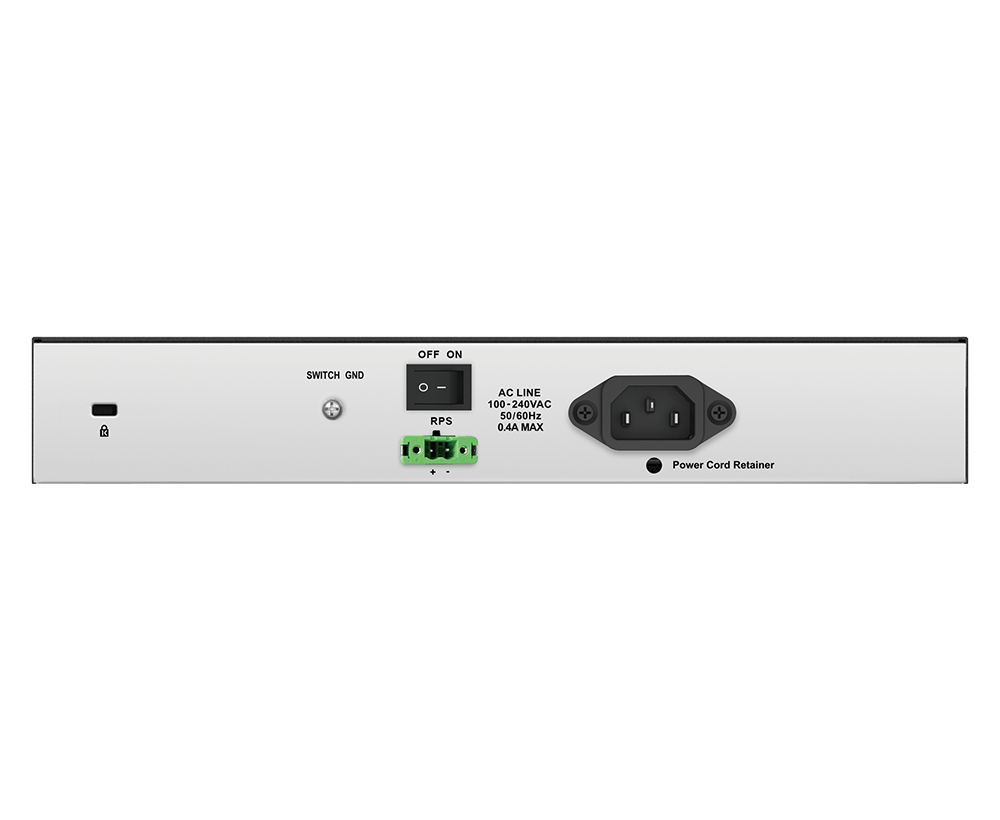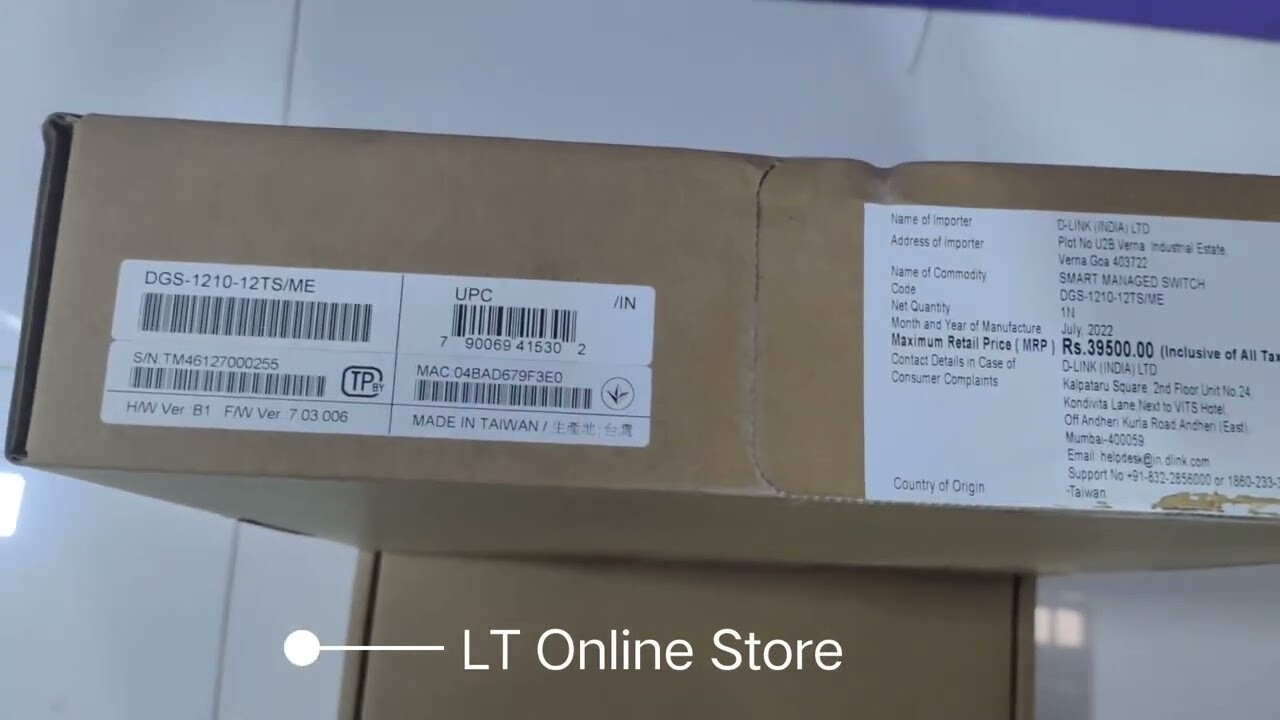D-Link DGS-1210-12TS/ME 12-Port Gigabit Fiber Metro Ethernet Switch
SKU: DGS-1210-12TS_HSN:85176290
₹21,950
ON SALE
MRP. ₹39,500 Save 44%
Price incl. GST (18%) ₹3,348.31
We always sell new latest manufacturing and genuine sealed pack products.
1
Call or WhatsApp us if you have any questions.
UPC: 790069415302
Brand: D-Link
Product: New
Generic Name: 12-Port Gigabit
Model no.: DGS-1210-12TS/ME
Warranty: From D-Link
Volumetric Weight: 4 kg
Specifications
| SFP ports | 10 |
|---|---|
| 10/100/1000BASE-T ports | 2 |
| 1000Base-T Interface | 2 |
| 1000M SFP Interface | 10 |
| Console Port | Yes |
| Switch Capacity | 24 Gbps |
| Max. Packet Forwarding Rate | 17.86 Mpps |
| Store & Forwarding Forwading | Yes |
| Dimension | 280mm x 180mm x 44mm |
| Weight | 1.17 kg |
Efficient and resilient Gigabit performance for Metro Ethernet applications.
- 10 x SFP ports
- 2 x 10/100/1000BASE-T ports
- Comprehensive Layer 2 features including Link Aggregation, Port-based Q-in-Q, and VLAN trunking
- Enhanced network security with IP-MAC Port-Binding (IMPB), Access Control List (ACL), and IEEE 802.1X
- Embedded 6 kV surge protection, sub-50 ms recovery ERPS, and Dying Gasp provide optimal reliability
-
Ideal for Metro Ethernet
The DGS-1210ME Series Metro Ethernet Switches feature a variety of port configurations, including 10/100/1000BASE-T RJ-45 ports, 1G SFP ports, and 10G SFP+ ports for increased network bandwidth. Surge protection, advanced Layer 2 functions, and a suite of security and management tools make the DGS-1210ME Series Metro Ethernet Switches ideal for Metro Ethernet applications.Efficient and Resilient
For mission critical environments, the DGS-1210ME Series Metro Ethernet Switches support IEEE 802.1D 2004 edition, 802.1w, and 802.1s Spanning Tree Protocols (STP). The switches also support IEEE 802.3ad link aggregation, increasing bandwidth and redundancy for higher availability. This series furthermore features IEEE 802.1p Quality of Service (QoS), allowing for real-time traffic classification into Weighted Round Robin (WRR) and strict priority levels mapped to 8 queues. Advanced traffic classification parameters allow the network to be tuned for flexible configurations for specific multimedia applications such as VoIP or IPTV.Security & Authentication
The DGS-1210ME Series supports IEEE 802.1X port-based/host-based access control, guest VLAN, and RADIUS/TACACS+ authentication for strict access control to the network. The IP-MAC-Port Binding (IMPB) feature allows administrators to further enhance user access control. The built-in D-Link Safeguard Engine™ protects the CPU from broadcast, multicast, and unicast flooding. In addition, the Access Control List (ACL) feature enhances network security and switch performance.
Multicast Applications
The DGS-1210ME Series features a full set of L2 multicast functions, including IGMP snooping, IGMP filtering, fast leave, and multicast traffic configuration for specific ports. With L2 multicast support, the DGS-1210ME Series is ready and capable of handling growing IPTV applications.Management Capabilities
A user-friendly web interface gives administrators access to advanced management features such as DHCP auto-configuration, allowing central management of device configurations. The switches support Link Layer Discovery Protocol (LLDP), which advertises the device’s capabilities and identity to the local network, allowing administrators to better manage their network topology. Each port also supports cable diagnostics to troubleshoot cable length and functionality problems remotely.Traffic & Bandwidth Control
Integrated bandwidth control allows network administrators to define the throughput levels for ingress and egress bandwidth. It provides a minimum granularity of 64 Kbps for ingress port and flow-based bandwidth control, and a minimum granularity of 64 Kbps for egress queue bandwidth. The DGS-1210ME Series also supports traffic control, which optimizes overall performance, while port mirroring helps administrators perform traffic diagnostics and track network performance.
Porter & Borzo (Wefast) Now Available
D-Link DGS-1210-12TS/ME 12-Port Gigabit Fiber Metro Ethernet Switch
Display prices in:INR
